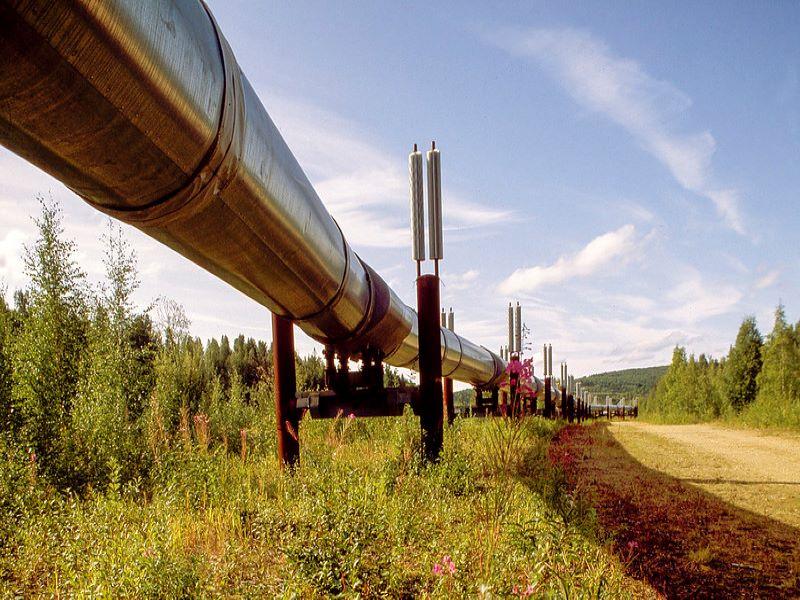By Faridah N Kulumba
Africa-Press-Tanzania On 1st February 2022, Chinese and French oil giants finally sealed a $10-billion deal to unlock Uganda’s energy resources and build a vast regional oil pipeline, a mega-project that has incensed environmental groups.
Discovery
The Final Investment Decision should pave the way for the export of millions of barrels of black gold that was first discovered in 2006 in Uganda, one of the world’s most biodiverse regions. Lake Albert lies atop an estimated 6.5 billion barrels of crude, of which about 1.4 billion barrels are currently considered recoverable.
Sake
The decision gives the final go-ahead to the long-delayed project and was hailed by Ugandan President Yoweri Museveni as a major economic boost for the landlocked East African country where many live in poverty. According to Museveni, the pipeline could become a “nucleus” for East African oil.
Signatories
The deal was sealed at a ceremony in Kampala by the Uganda government, the heads of France’s TotalEnergies, and the local arm of the China National Offshore Oil Corporation (CNOOC) in the presence of Tanzania’s Vice President Philip Mpango.
The companies want to extract the huge crude oil reserves under Lake Albert, a 160-kilometer (100-mile) long natural border between Uganda and the Democratic Republic of Congo.
A masterpiece
Total Energies chairman and CEO Patrick Pouyanne described the controversial pipeline as a “masterpiece”. The oil would be pumped from Uganda in a 1,443-kilometre (900-mile) heated pipeline -– said to become the longest of its type when completed — through Tanzania to the Indian Ocean port of Tanga.
Hurdles
The project has been hit by various obstacles including wrangling over tax agreements and a change of heart over the location of the pipeline which was initially due to go through Kenya.
Expectations
Uganda’s first oil is expected to flow in 2025 — almost two decades after the reserves were discovered — with full-scale commercial production planned for the following year when 230,000 barrels a day of the particularly viscous crude are expected to be pumped.
Criticism
Critics charge however that the ambitious scheme threatens the livelihoods of tens of thousands of people and fragile ecosystems in the heart of Africa. But President Museveni dismissed the concerns of environmental groups saying that there is nothing they are hiding.
Devastating impact
In Uganda, the drilling is located in several nature reserves, one of which extends to Murchison Falls, the country’s largest national park. TotalEnergies, formerly Total, said last year it had taken steps to reduce the project’s impact on people and the environment, but conservation groups charge it will be devastating.
Displacing
The pipeline project would be displacing thousands of households, endangering water resources for millions of Ugandans and Tanzanians, devastating vulnerable ecosystems and pushing the world further into climate chaos,” campaign group 350Africa.org’s regional director Landry Ninteretse said in a statement. A report last year by the International Federation for Human Rights (FIDH) based on studies with Oxfam said the project would affect more than 12,000 families and communities had no idea if their land would be lost.
Accusation
A consortium of Ugandan and French NGOs filed a lawsuit in 2019 against the French company accusing it of failing to abide by legal obligations to protect the environment and the rights of the people affected by the project.
In December, the Court of Cassation, France’s highest, ruled the case should be heard in a civil court rather than assigned to a commercial tribunal, in what the activists said was an important victory.
Uganda and Tanzania agreement
On 11 April 2021, the President of Uganda Museveni and Tanzanian President Samia Suluhu Hassan together with the French oil giant Total and CNOOC, while in Uganda signed an agreement worth $3.5billion for constructing the longest oil pipeline at 897 miles that will ship crude oil from fields in western Uganda to the international market.
President Samia made her first state visit to the Pearl of the African nation for signing the oil deal that had been long held up by tax disputes, administrative delays, and also due to the sudden death of President John Pombe Magufuli who died due to a heart condition on 17 March 2021, only five days away from signing of the agreement.
Will Ugandans benefit from the oil deal
The 2015 World Bank study emphasizes that the economic benefits of the crude oil pipeline deal will be considerable if local companies are competitive enough to win lucrative service contracts in the sector. On the other hand, Enock Lugassira who studied an oil-related course in India told Africa-Press that he has been unemployed since completing his course in 2016, and the news about the signing of the oil pipeline agreement gave him hope and his optimistic that he will be employed.







